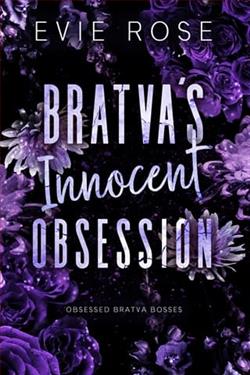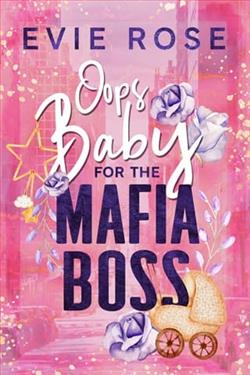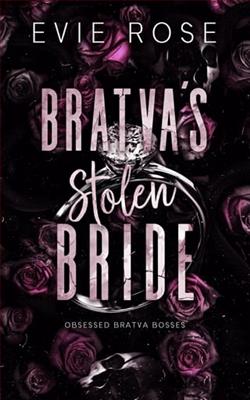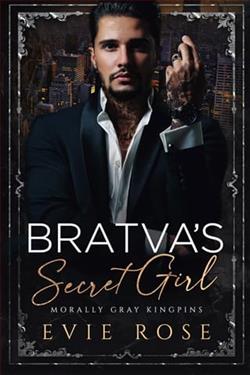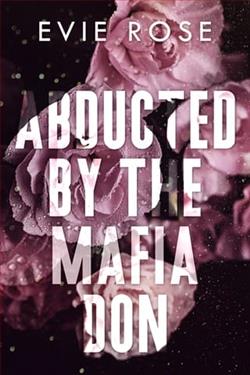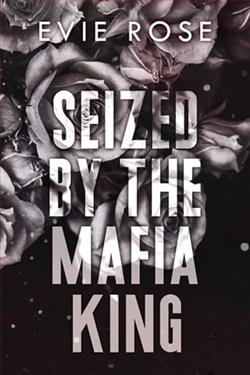Page 42 of The Silence Between
I pulled it out, recognizing it gradually as a short story draft from my senior year—one I'd written about a boy navigating his parents' expectations while harboring secret aspirations. The margins contained careful annotations in a different handwriting than mine: Leo's neat, compact script offering thoughts and questions.
“This dialogue feels true.”
“Your description here makes me see it exactly.”
“This character reminds me of your dad.”
“Your voice is strongest when you stop trying to sound literary.”
I sat on the floor, surrounded by half-packed boxes, reading not just my youthful writing but Leo's responses to it. The annotations revealed both his insightful literary understanding and the intimacy we once shared through words. He had seen me clearly, both my strengths and pretensions, in ways no MFA workshop or professional editor ever had since.
One comment in particular caught in my chest:
“You're at your best when you're honest about what scares you.”
When had I stopped being honest about what scared me? When had I stopped writing from that vulnerable place and started calculating reader response instead?
I traced Leo's handwriting with my fingertip, something fundamental shifting in my understanding of why I was returning to Riverton. It wasn't just escape from hollow success, but possible recovery of authentic creative passion that Leo had once witnessed and encouraged.
For the first time, I consciously acknowledged what had remained subtext in my decision: returning to Riverton carried hope of understanding why my writing lost its soul when I left, why relationships since had felt incomplete, whether reconnection with my past might restore what had been missing.
* * *
“So you've burnedprofessional bridges, surrendered a high-paying career, and decided to return to a hometown you once couldn't wait to escape.” Dr. Kelley summarized our session with characteristic directness. “That covers significant life changes. How are you feeling about all this?”
I sat in her familiar office for our final appointment before my departure, sunlight filtering through bamboo blinds onto the green armchair I'd occupied weekly for the past eighteen months. Since my divorce from David, Dr. Kelley had guided me through the gradual recognition of my depression, helping me understand its roots in choices made for external validation rather than internal fulfillment.
“Terrified,” I admitted. “But not in the way that usually accompanies my decisions. It's not fear of failure or disappointing others. It's more...” I searched for the right description. “It's like standing at the edge of a high dive. You know jumping is right, but your body still revolts at the prospect.”
She nodded. “That sounds like healthy fear—the kind that accompanies authentic choice rather than obligation. Tell me more about Riverton specifically. What does it represent to you?”
The question seemed simple but opened complex terrain. “It's where I was last honest about who I was and what I wanted. Before I started constructing this version of myself that looks successful but feels empty.”
“And is that solely about your writing career? Or are there other aspects of authenticity you left behind?”
A familiar discomfort rose in my chest—the feeling that always emerged when our sessions approached the topic I'd most carefully avoided. “You're asking about Leo.”
“I'm asking about what you've mentioned obliquely in almost every session but never directly addressed,” she corrected gently. “Your decision to return to Riverton seems connected to unresolved aspects of your past. Understanding those connections might help you navigate this transition more consciously.”
I looked out the window, watching Seattle's skyline shimmer in summer heat. “I left everything unfinished. Not just with him, but with who I was then—before I started measuring my worth by external metrics.” I paused, formulating thoughts I'd never fully articulated. “When I left Riverton, I justified it as necessary ambition. The practical choice. But I think I also ran from vulnerability, from the messiness of real connection.”
“With Leo specifically?”
“With him, yes, but also with myself. It was easier to become Literary Ethan Webb, with his carefully cultivated persona and professional success, than to keep being the person who could be hurt, who could fail, who could love someone without guarantees.”
Dr. Kelley let the words settle before asking, “What scares you most about returning?”
The question pierced directly to core vulnerability. “Finding out it's too late. That I can't get back what I lost—not him specifically, but the person I was with him. The person who wrote because he had something to say, not because it would sell.”
“And if it is too late? If that version of yourself isn't recoverable in the exact form you remember?”
I considered this possibility that had haunted my preparations. “Then at least I tried. At least I didn't keep living this half-life out of fear.”
Dr. Kelley smiled slightly. “That sounds like the beginning of healing, regardless of what you find in Riverton.”
As our session concluded, she handed me a referral to a therapist in the nearest city to Riverton. “Just in case,” she said. “New beginnings, even necessary ones, rarely proceed in straight lines.”
I accepted the card, tucking it into my wallet alongside the worn photograph of Leo I'd never mentioned in our sessions but had carried for ten years—tangible reminders of both what I was leaving and what I hoped to find.









